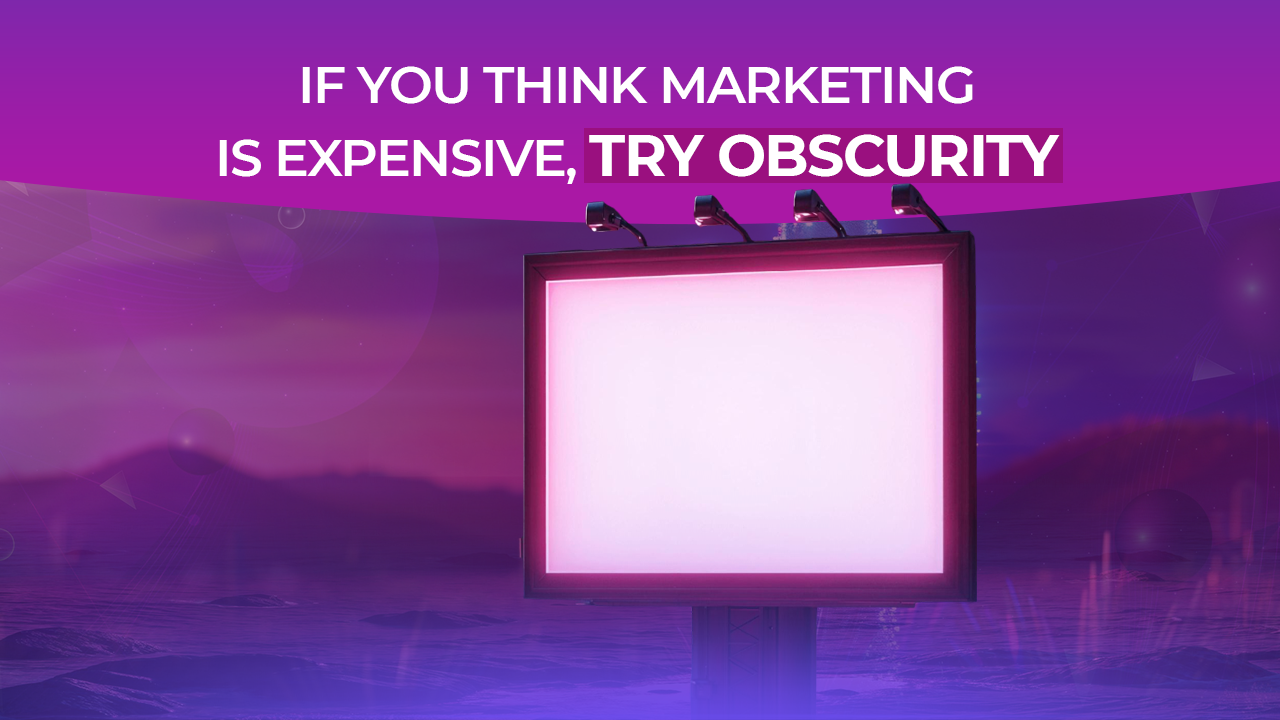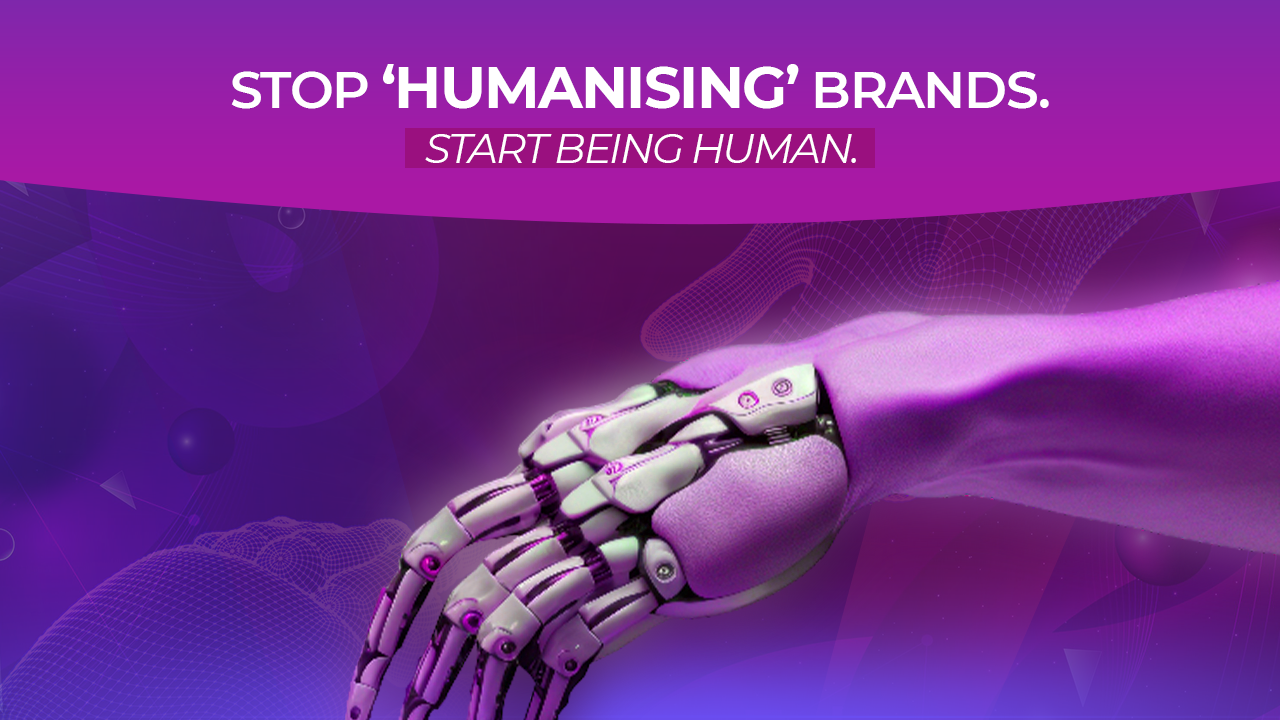 Back to Blogs
Back to Blogs
GEO vs. Traditional SEO: What’s Changing in the Search Landscape?
If you’ve been in digital marketing long enough, you know the feeling: you finally crack Google’s algorithm updates, only for the rulebook to change again. For years, traditional SEO practices like keyword research, backlinks and on-page optimisation have been the backbone of visibility. But with the rise of Generative AI in search, we’re now facing a new wave; Generative Engine Optimization (GEO).
So what exactly is changing and how should businesses adapt?
⇥ From Keywords to Conversations
Traditional SEO has always been about understanding how users phrase queries and aligning content to rank higher. But with the search generative experience (SGE) rolling out, Google and other platforms aren’t just serving links, they’re generating direct answers.
Instead of ten blue links, users are now greeted with AI-generated content in search results: summaries, comparisons, even recommendations pulled together in real-time. That means the way we optimise must evolve from just “ranking for keywords” to “being contextually relevant in AI-driven outputs.”
⇥ GEO vs. Traditional SEO: The Core Differences
At its heart, GEO vs. traditional SEO comes down to this:
- Traditional SEO focuses on keywords, technical optimisation and backlinks to rank web pages.
- GEO (Generative SEO) focuses on how content is structured, contextually framed, and semantically rich so that AI-powered search optimisation systems can pull it into generative results.
Think of it as moving from “convincing a search engine to list you” to “equipping AI to explain you.”
⇥ What GEO Means for Marketers
Here are the key changes shaping the new SEO playbook:
- Content Depth Over Surface Keywords
- Traditional SEO rewarded keyword density and structure.
- GEO requires topic depth, FAQs, and contextual coverage so AI understands your authority.
- Entity-Based Optimisation
- Search engines now connect brands, products and people through relationships, not just keywords.
- Marketers need to ensure schema, structured data and semantic clarity are in place.
- Visibility Beyond Rankings
- With generative search results, the “#1 spot” may no longer matter if AI decides to summarise multiple sources.
- GEO is about being included in those summaries, not just ranking alone.
- Trust and Accuracy as Ranking Factors
- AI systems value credibility signals – authoritativeness, citations and transparency matter a lot.
⇥ SGE vs. Traditional Search: Why It Matters?
The big question is: Will people still click through to websites? Early signals show that while Google SGE answers many queries on-page, users still visit source links when they need depth, reliability, or purchase confidence.
That means businesses can’t afford to stick to traditional SEO practices alone. Instead, they need a blended strategy:
- Optimise for SEO for AI search engines (semantic richness, structured data, authority).
- Continue strengthening fundamentals like site performance, backlinks and content freshness.
⇥ How AI Is Changing SEO for Businesses
For brands, this shift is both a challenge and an opportunity:
- Challenge: Less real estate for links, more competition to be “cited” by AI.
- Opportunity: A chance to establish authority early by shaping content in a way AI trusts.
Agencies offering SEO services in Bangalore and beyond are already adapting strategies, balancing the tried-and-tested with AI-powered search optimisation approaches.
The differences between GEO and SEO aren’t about abandoning one for the other. Instead, it’s about evolving. Just as mobile reshaped search a decade ago, generative SEO is the next big wave.
If you’re still relying solely on traditional playbooks, you risk invisibility in a world where AI decides what users see first. The brands that win will be the ones that blend traditional SEO practices with generative-first strategies, future-proofing their visibility in the age of AI.
💡 At Mirra Digital, we’re already helping brands adapt their strategies for this shift. If you’d like to understand how AI in SEO can impact your visibility, let’s talk.






